
Slovakia’s parliament has passed a constitutional amendment asserting the primacy of domestic over international law. Backed by PM Robert Fico’s government, the changes enshrine traditional values, define gender as male and female, restrict adoption rights, and give parents more control over sex education—moves likely to spark criticism from the EU.
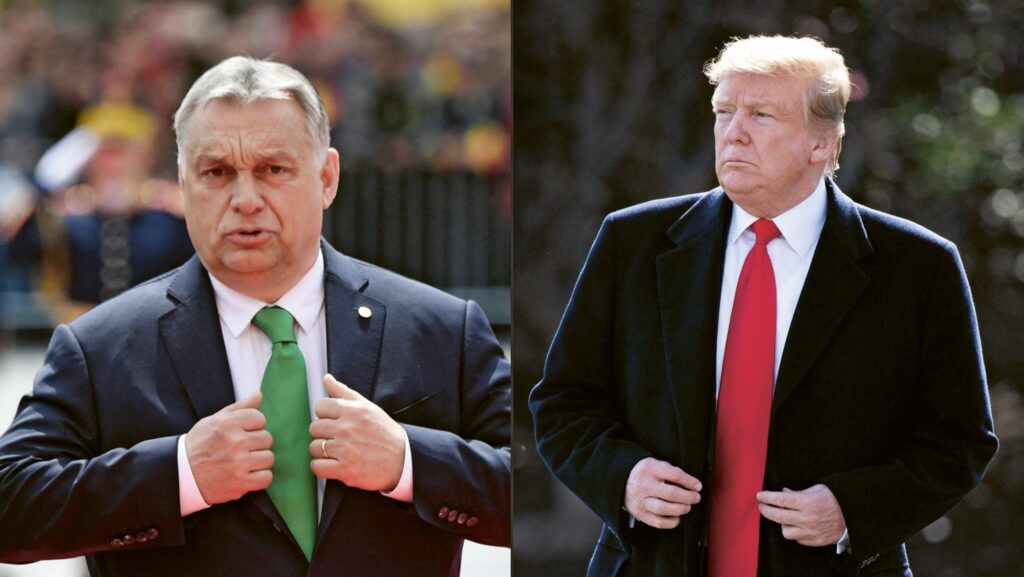
‘There is a historic chance for US–Hungary relations to peak, and it depends in no small part on the two leading players. Even though Hungary is a member of the EU and NATO, in the last two decades, American Democratic administrations have been explicitly hostile towards it…With the US president behind him, Orbán could be much more effective in strengthening his conservative agenda in Brussels, which until now has been an uphill struggle.’
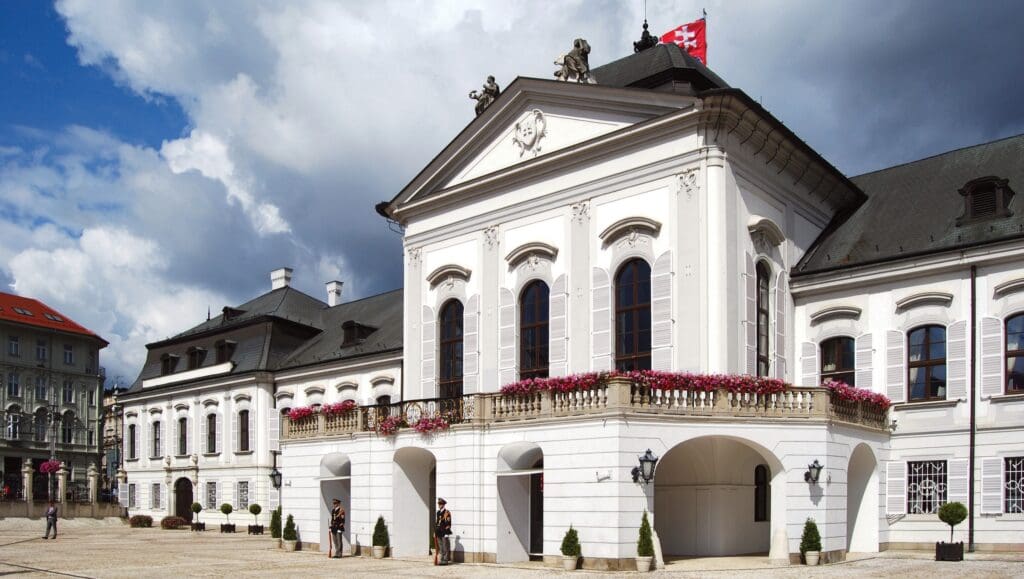
As has been revealed many times, the goal of both the three-party coalition and the new president is to pursue a sovereigntist policy within the Euro-Atlantic region. Hungary has been doing the same thing for over a decade. For this reason, it is likely that in the near future, the two nations will be able to support each other in exerting their influence in the EU and NATO. Hopefully, the beneficiaries of such international cooperation will also include the ethnic Hungarians living in Slovakia.
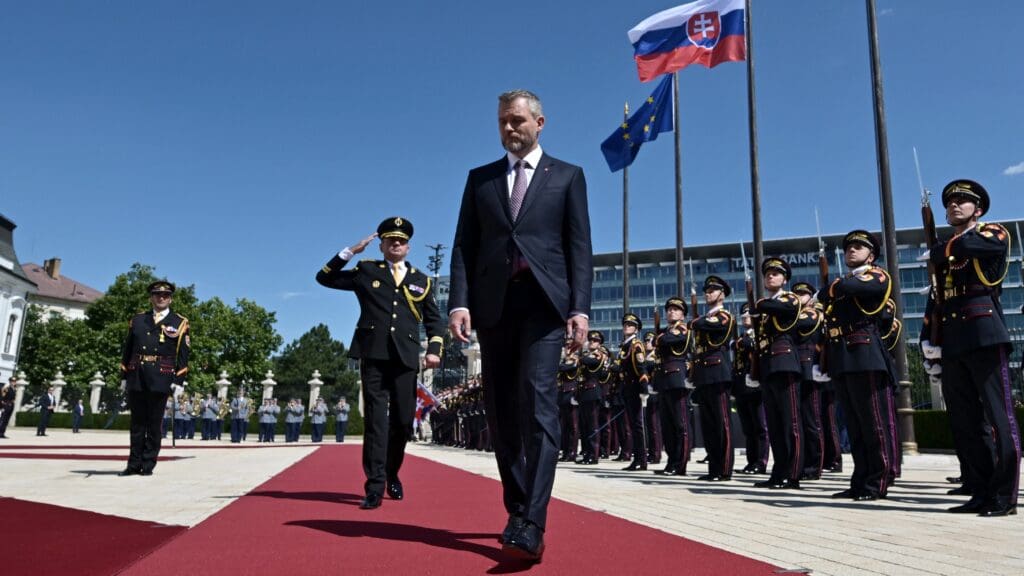
Slovakia’s newly elected president, Peter Pellegrini (49), was inaugurated on Saturday, 15 June in Bratislava. This historical moment is not simply a change of guard but, after the 2023 parliamentary elections, it is the last step in a significant shift in the country’s political landscape, stirring anticipation and hope for a patriotic future in Central Europe.
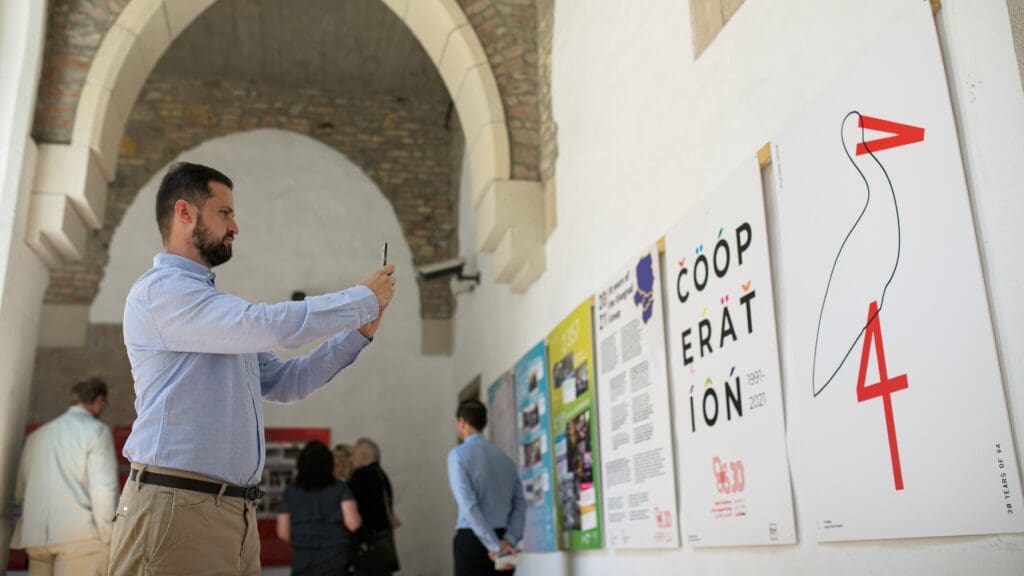
On Thursday, 23 May the Warsaw Institute of Poland organized an online panel discussion on the future of the Visegrad Group, focusing on issues such as the Russo-Ukrainian war and the EU integration of the West Balkans.
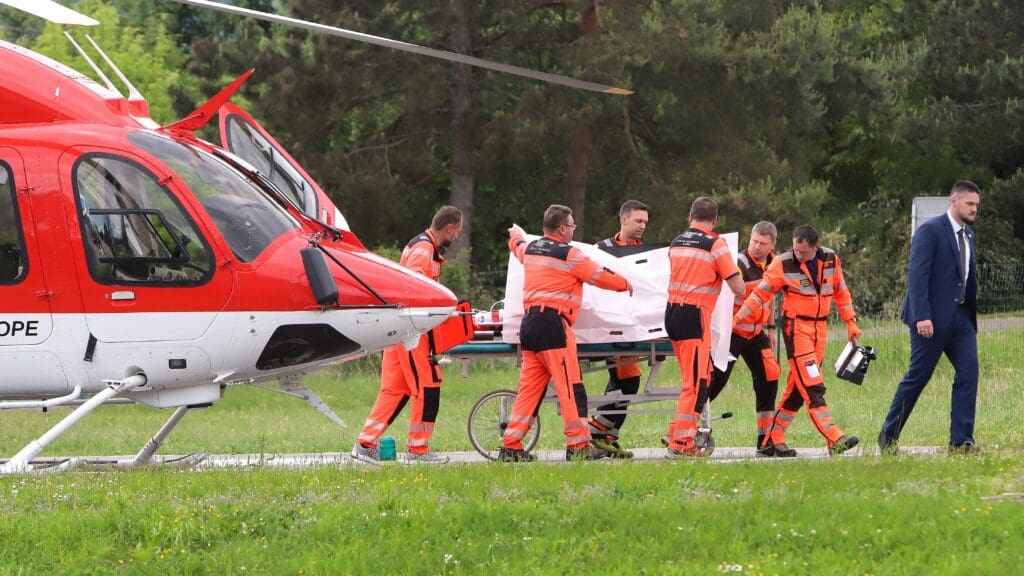
According to Slovak media, the assailant of Prime Minister Robert Fico is a 71-year-old man from Levice who kept a gun legally. PM Fico is currently undergoing life-saving surgery according to Slovak reports. Not long after the assassination attempt, Hungarian PM Viktor Orbán tweeted on X the following: ‘I was deeply shocked by the heinous attack against my friend, Prime Minister Robert Fico. We pray for his health and quick recovery! God bless him and his country!’
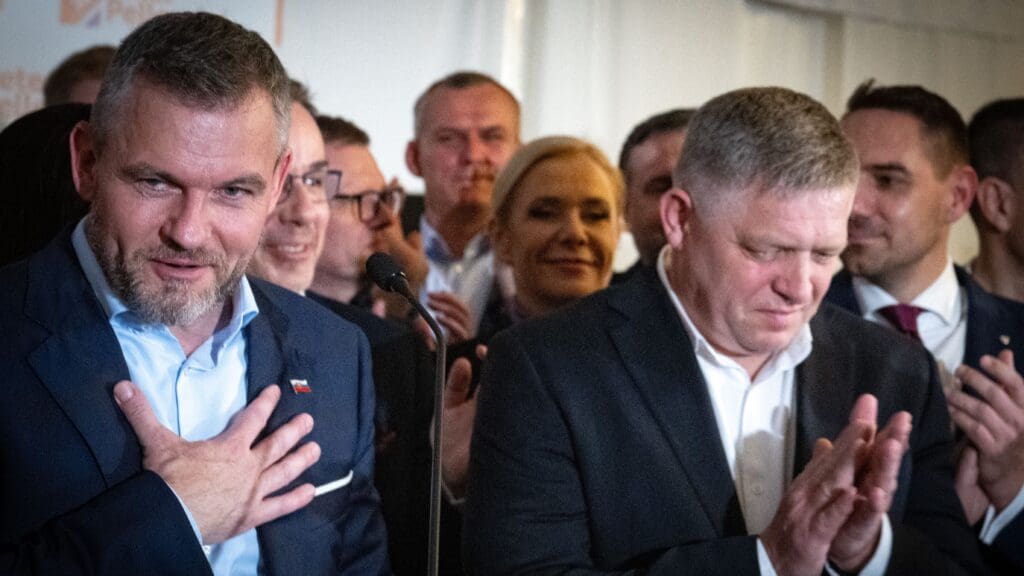
Amid a record high voter turnout, former House Speaker Peter Pellegrini, the sovereigntist candidate, won the Slovak presidential election with more than 1.4 million votes, including those of most ethnic Hungarian voters.
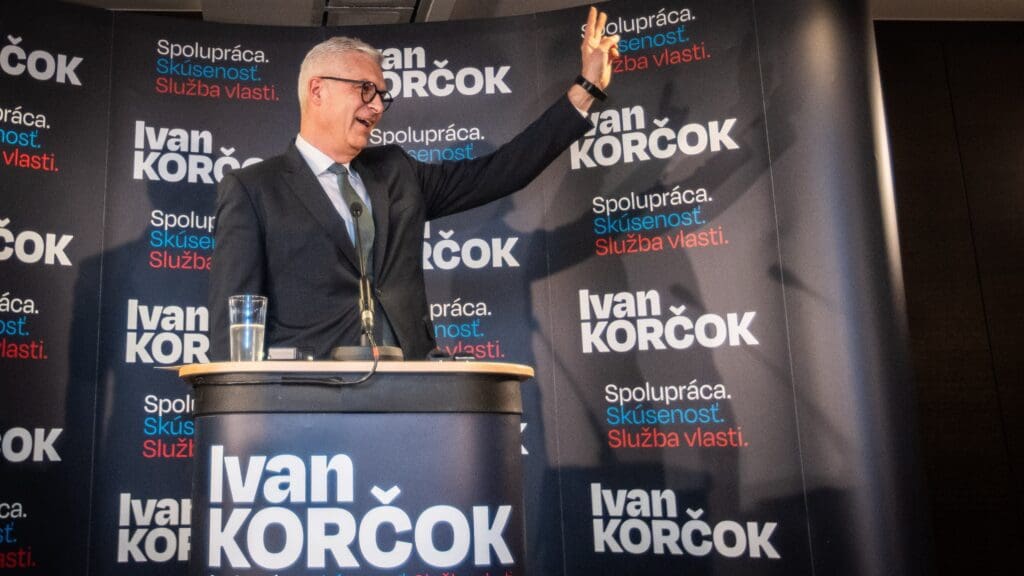
While conservative ethnic Hungarians mainly stood behind Alliance candidate Krisztián Forró, a significant part of the liberal camp either stayed away from the polls or voted for the liberal–progressive Slovak candidate in the first round. From the Hungarian perspective, it is also ominous that the participation in the Hungarian-majority Southern areas was well below that of the rest of the country. If this trend is not reversed shortly, it could lead to dire political consequences for the whole ethnic community.
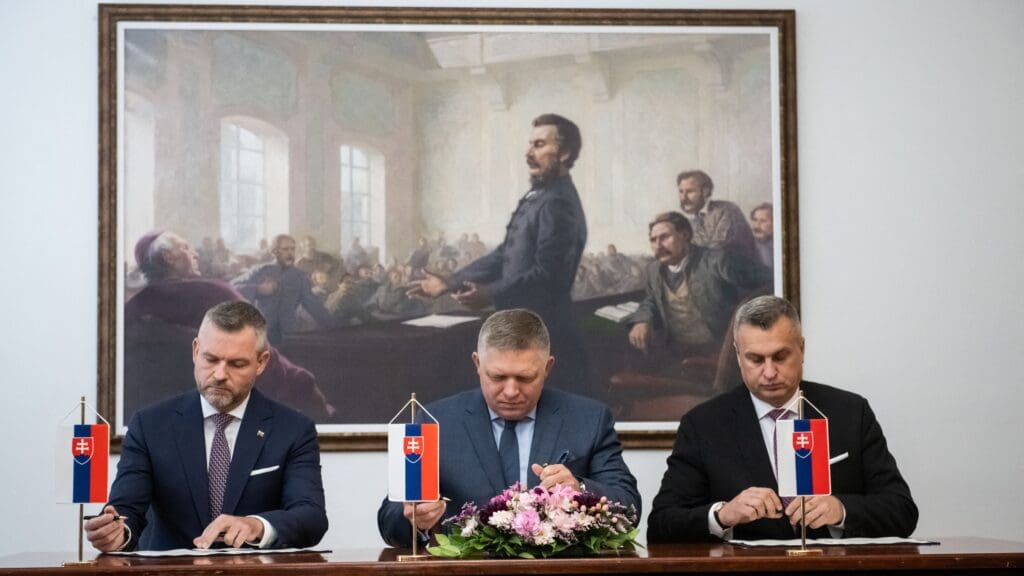
‘The main criticisms against the four Slovak governments of the past three years were the lack of competence and the imposition of ad hoc solutions. The current government coalition has produced the exact opposite: it carries out the programme that its political opponents are most afraid of and does so with panache.’
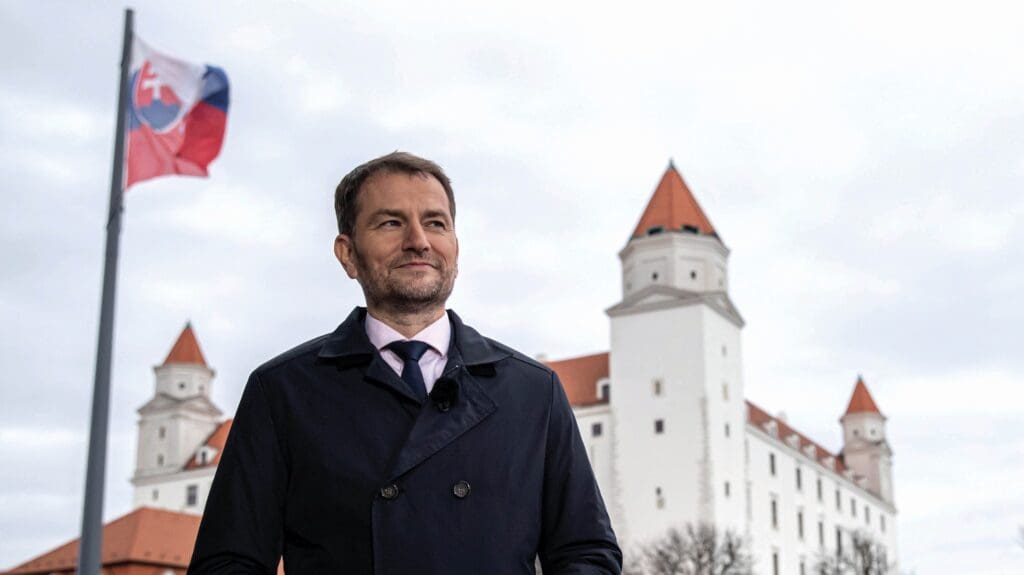
The 2023 elections in Slovakia were looked upon with great anticipation by both the conservative and liberal sides. The stakes were high: whether the Central European country would remain on a progressive road or take a national turn.
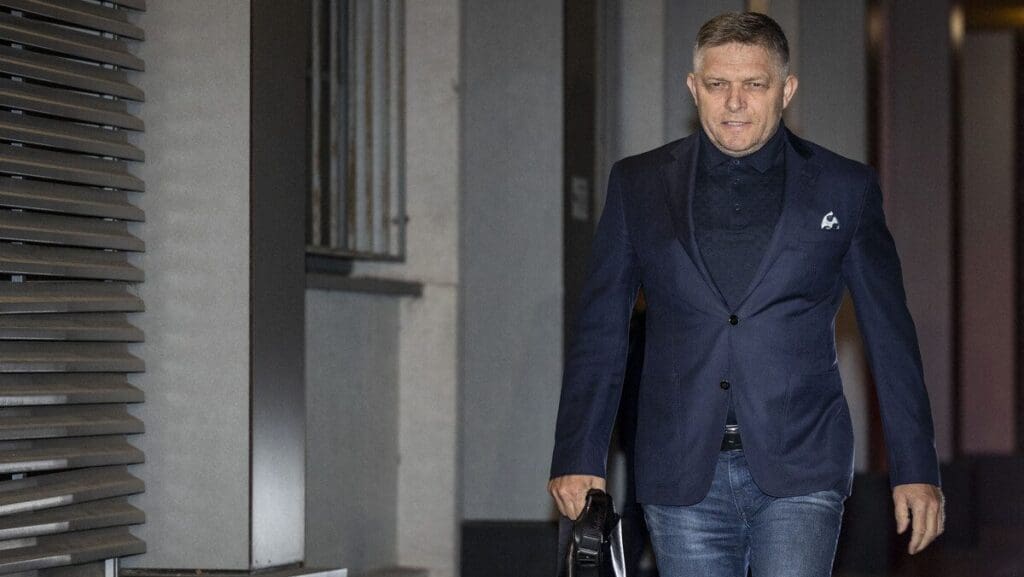
Fulfilling the predictions of the recent polls, the SMER party has won the early elections in Slovakia. Robert Fico will likely be elected prime minister for the fourth time in the history of the Central European country.
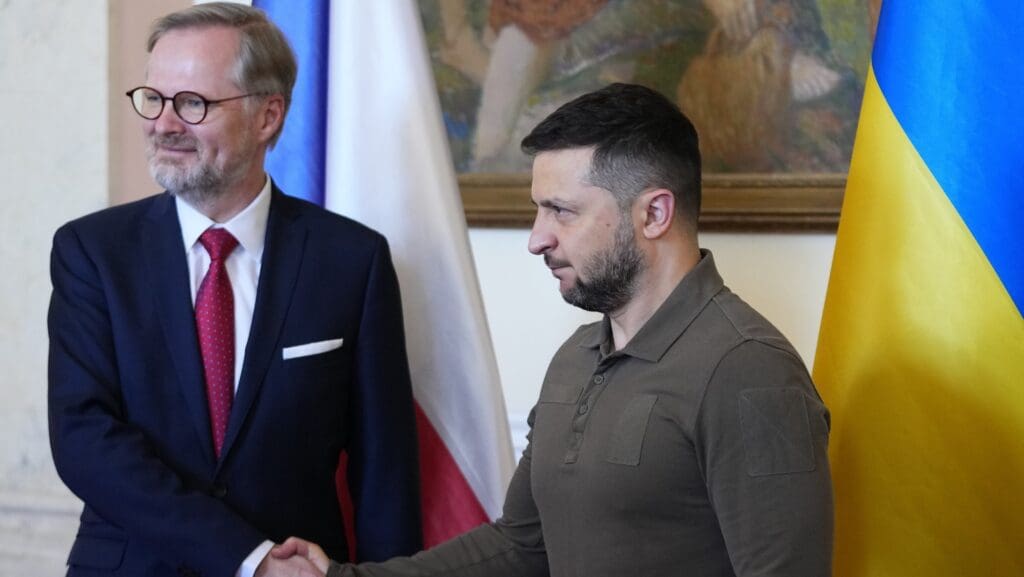
While Sofia, Prague, Bratislava and Ankara seemed to be eager to send more aid to Ukraine and support the war-torn country in its NATO bid, the NATO summit in Vilnius must have been a disappointing ending to a promising start for Zelenskyy.
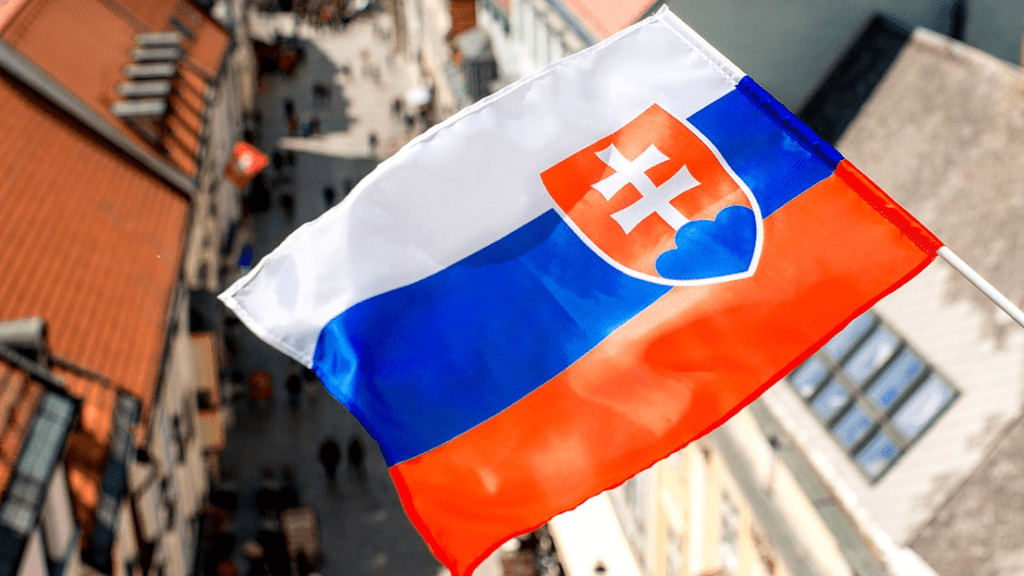
‘Slovakia has turned thirty years old. Whether the past three decades can be considered a success story remains an open question. The Slovak nation achieved the independence it had always wanted.’
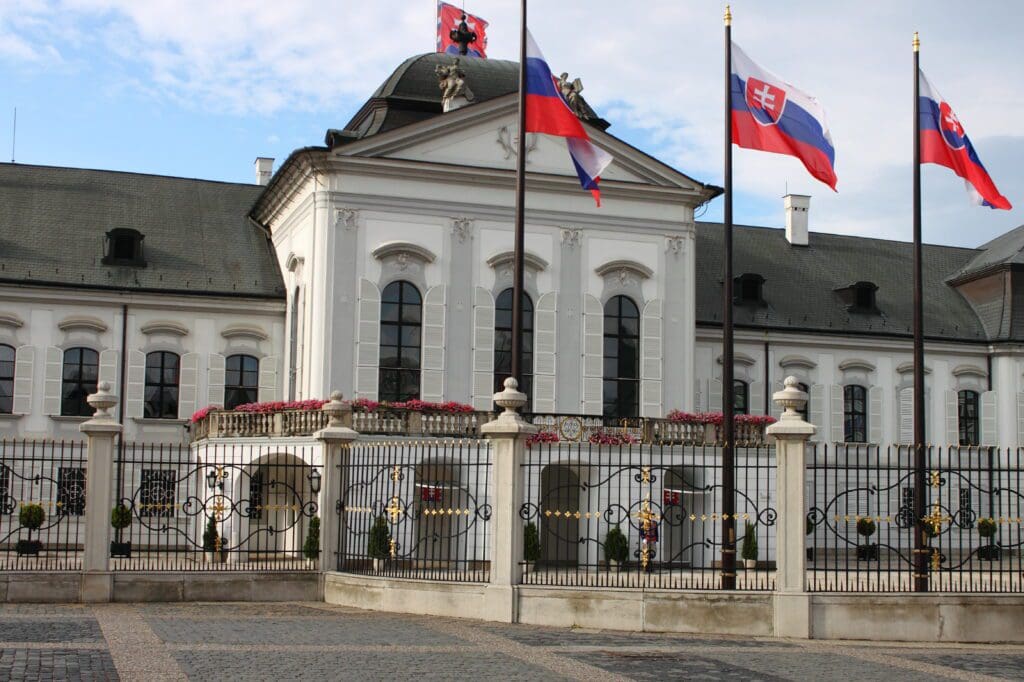
On the state level, the most widely supported party happened to be the 2021-founded unified Hungarian formation, Aliancia – Szövetség, which will obtain almost 13 per cent of the available seats and have 54 representatives state-wide in the next cycle alone. This is an excellent result and an encouraging sign for ethnic Hungarians two years before the upcoming parliamentary elections.
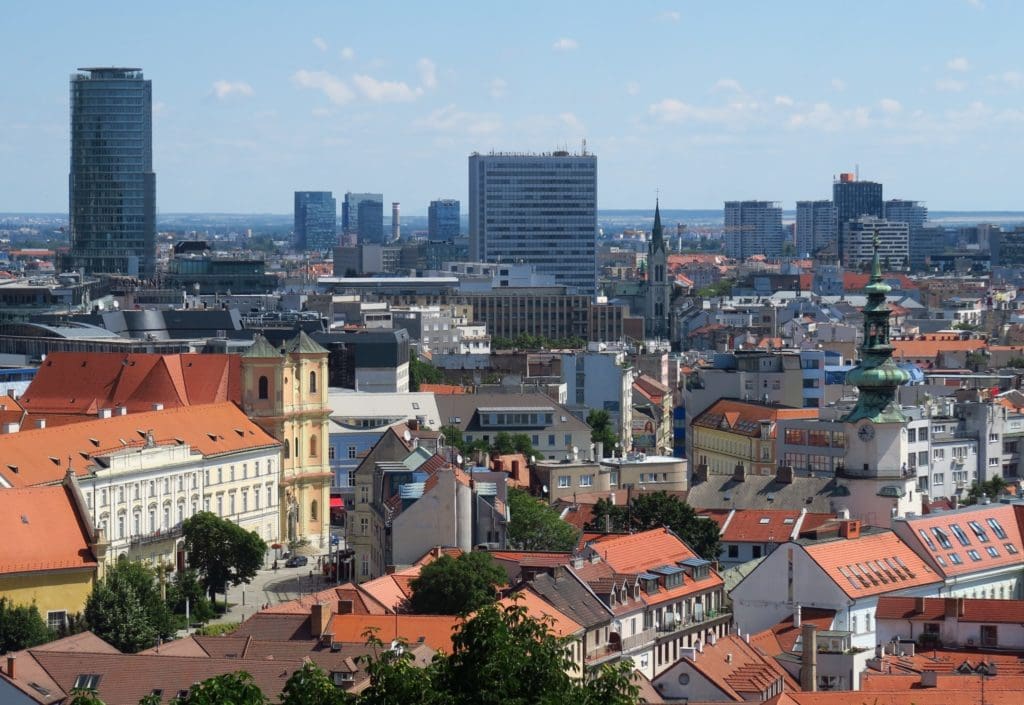
Until now, Hungarian international investments were present most spectacularly in the banking and oil industries, but the phenomenon has also been spreading to a much lesser extent in the cultural sector. This time, the hostile attitude towards Hungarian capital outflows is most noticeable in Slovakia.
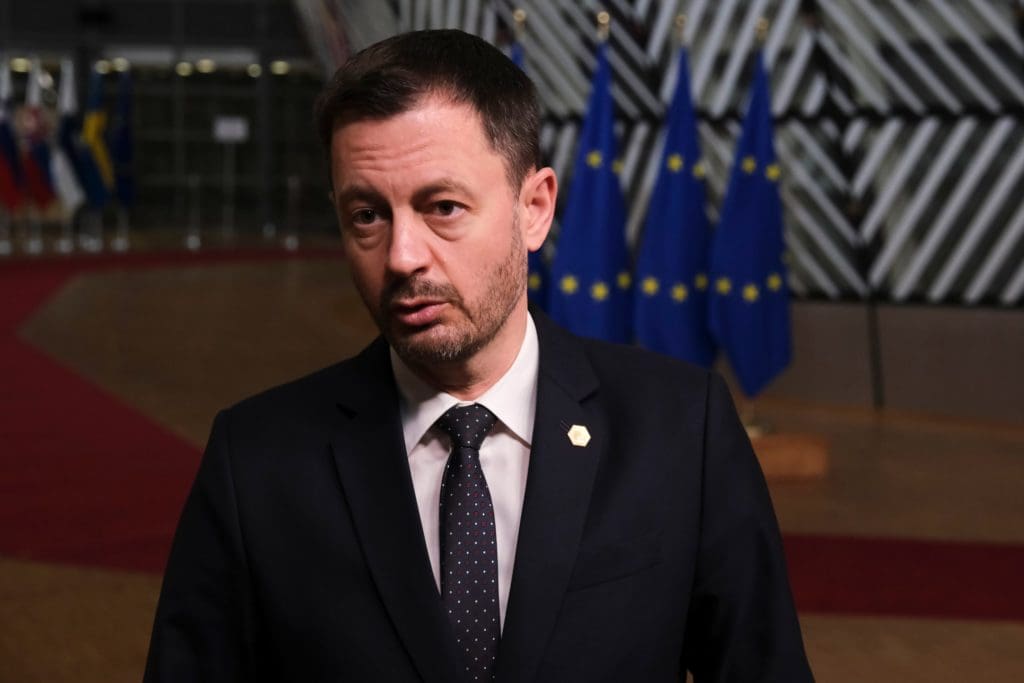
The opposition is growing at the political level and demanding early elections. According to Matovič, the coalition may fall in the Autumn. Sulík considers this differently: there is no reason for the government’s fall but the replacement of the Minister of Finance.
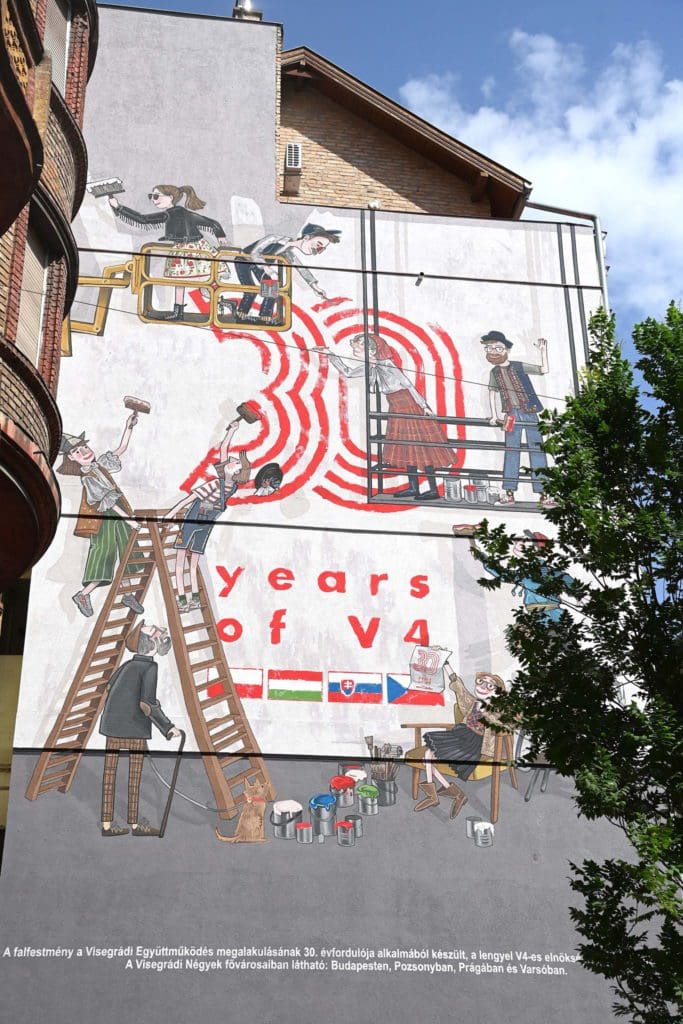
In the last decade, both Poland and Hungary have been actively formulating European policy; however, this duo is not strong enough without the active support of the Czech Republic and Slovakia. It is also a warning sign that the loudest criticisms of Hungary and Poland can often be heard from inside the V4.
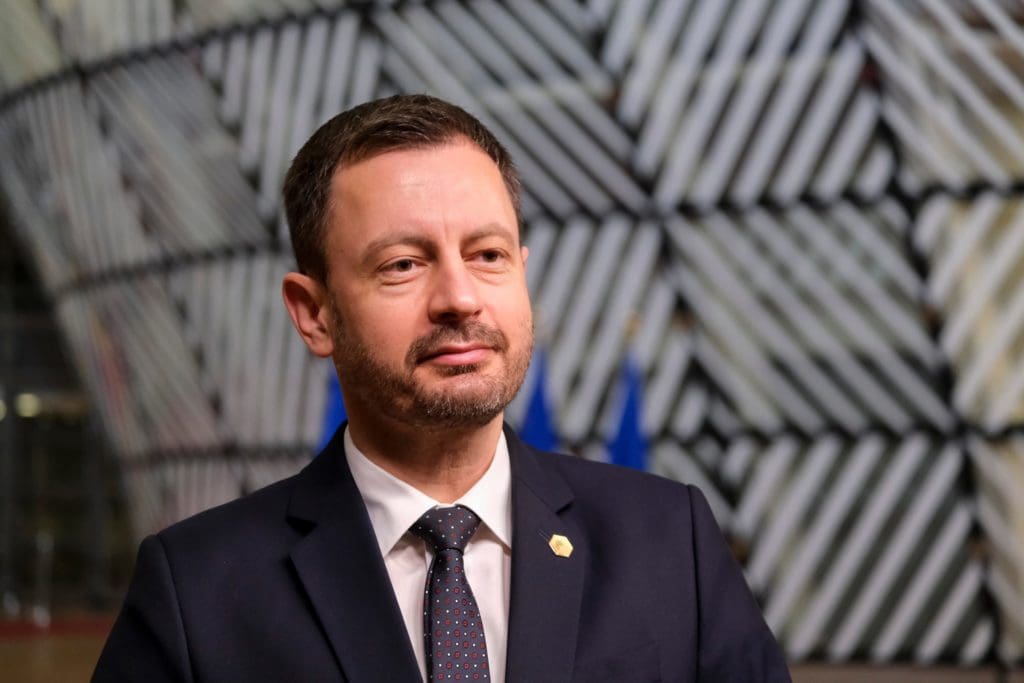
What is certain is that there is no shortage of creative ideas on how to support Ukraine. What is surprising, however, is how forcibly and spectacularly the Slovak Republic, which was extremely close to the Russian Federation in the nineties, is trying to oppose this great nuclear power.
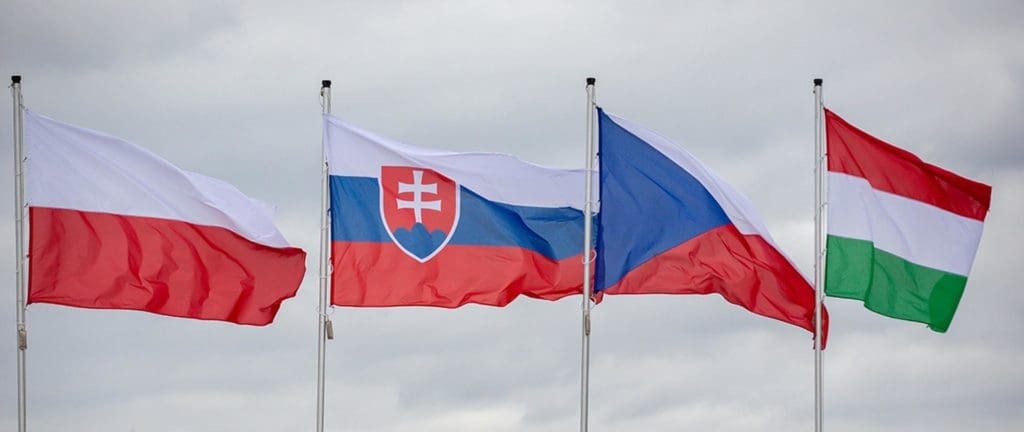
The Hungarian Prime Minister, Viktor Orbán also condemned the Russian move and at the same time made it clear that deploying Hungarian soldiers or military equipment to Ukraine was out of the question.
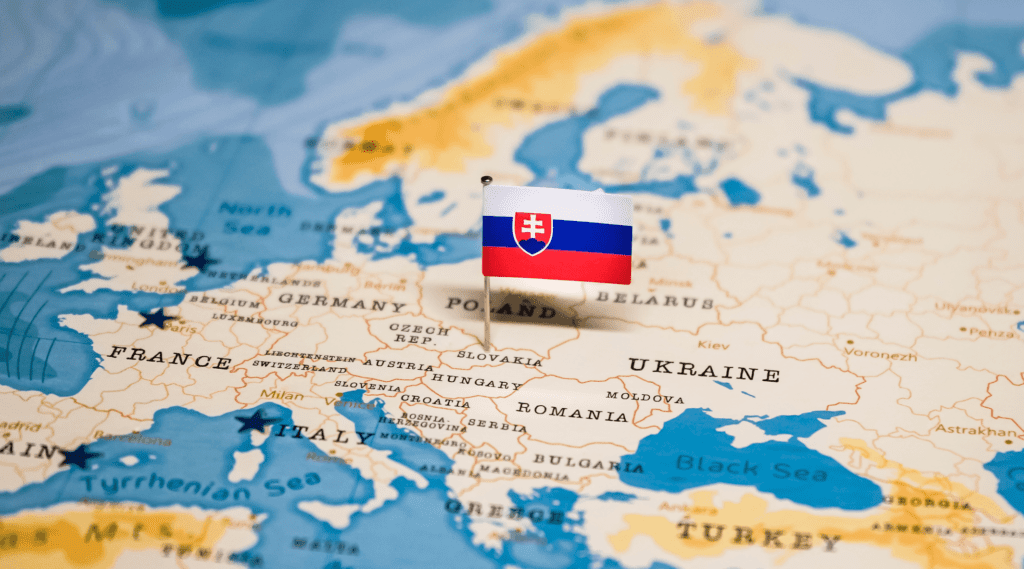
As the debate unfolds, the divides between the followers of pro-Eastern Pan-Slavism and the supporters of Western orientation are becoming deeper and deeper.
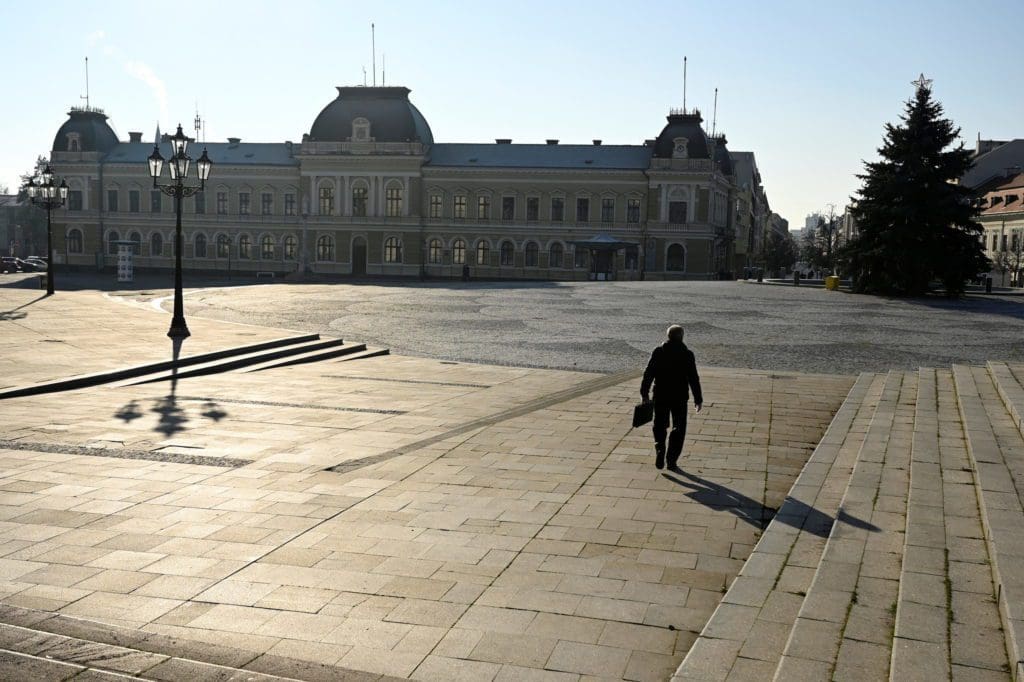
According to the latest data, on Monday, 29 November 2021, 22,057 PCR tests revealed 7,069 infected people in Slovakia, of whom almost 64 per cent were not vaccinated.
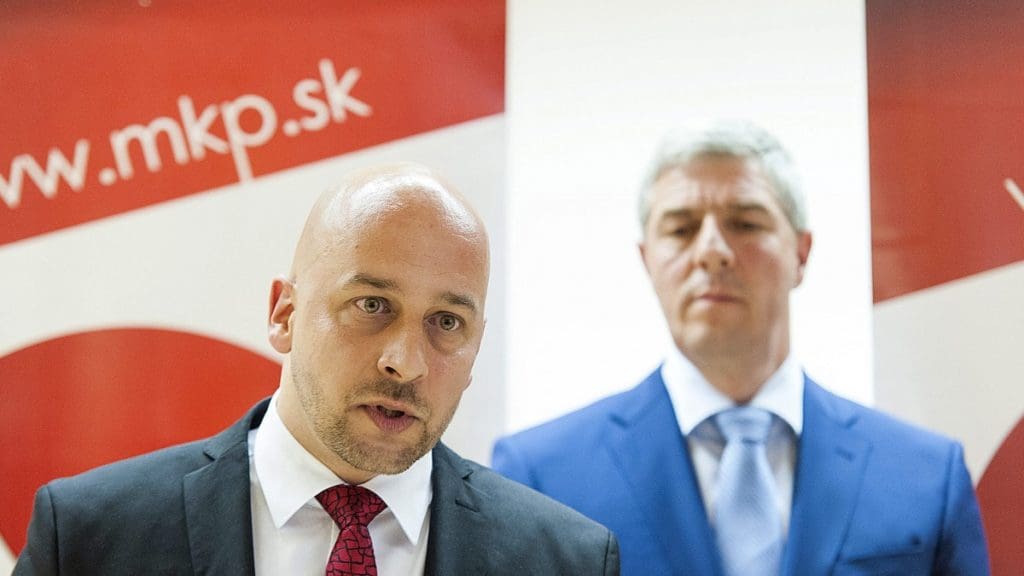
After hundreds of hours of intense negotiations, in October 2021, an agreement was reached to form a new, common party in which all three formations (MKP, Most-Híd, Összefogás) would participate.
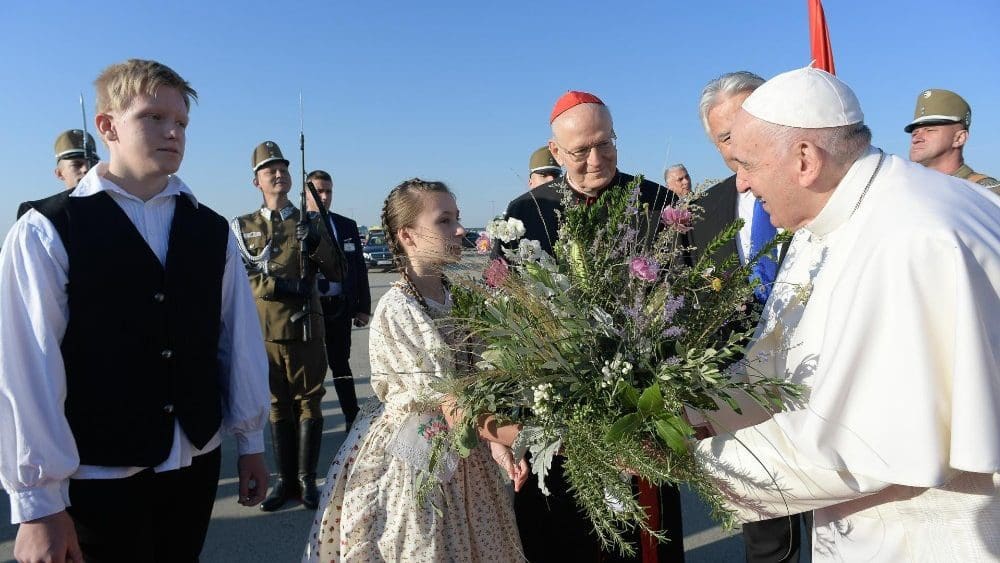
The Holy Father’s visit was originally planned only to the Slovak Republic, but because of the close vicinity of the two capitals and the ongoing catholic event of paramount importance, he decided to take a short stop and attend the closing Mass in Hungary.
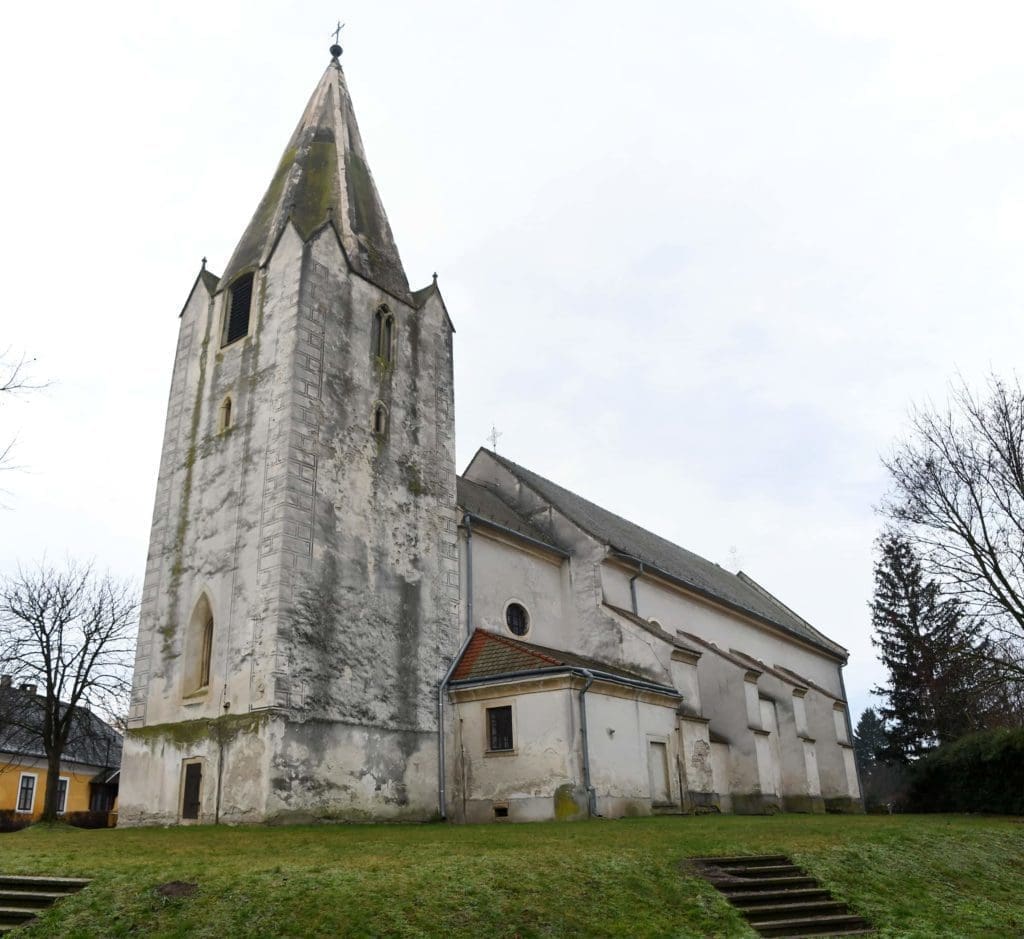
Inhabitants of a Hungarian village called Rajka come to the limelight. Why is that so? What makes this place so special?

Considering the whole period that has elapsed since 1993, the achievement of the Hungarian political unity in Slovakia has always been sub-served by the majority thanks to her discriminatory and anti-minority actions.